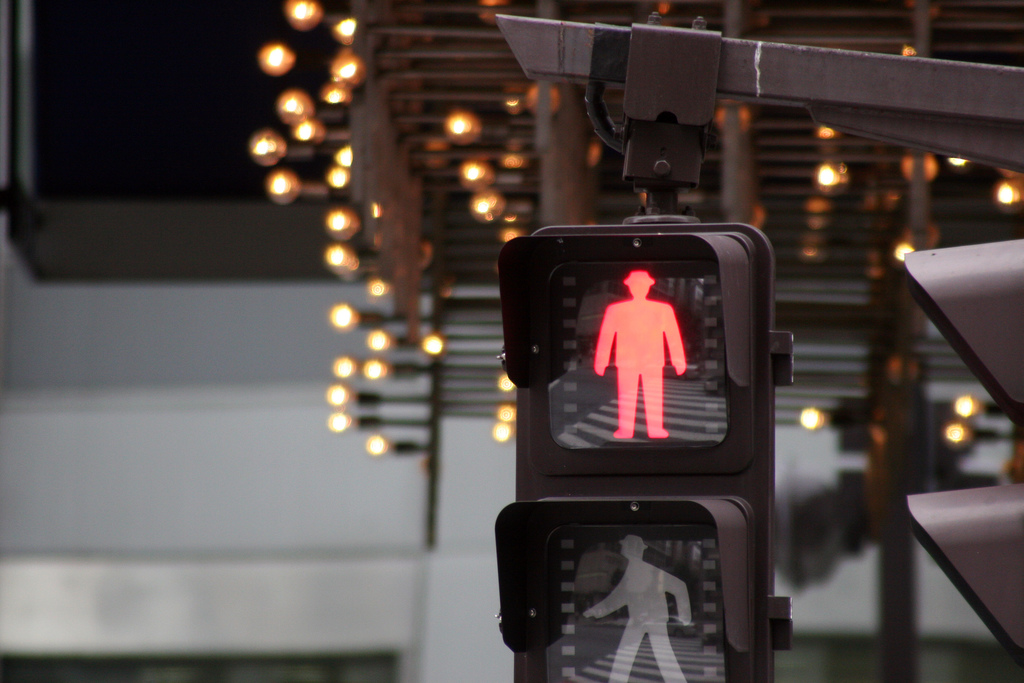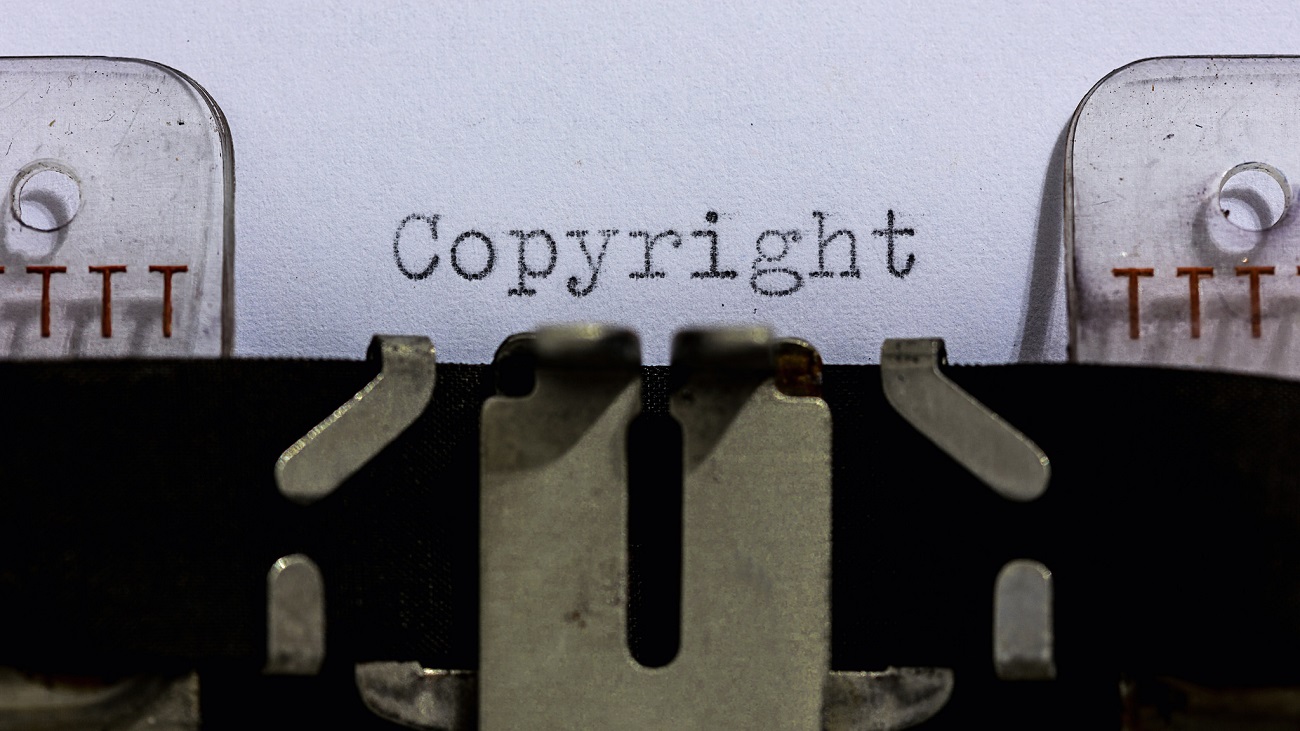Situation: Japan may limit downloading content from the network - we understand and discuss
The Japanese government has put forward a bill prohibiting citizens of the country from downloading any files from the network for which they do not have the right to use - including photos and texts.

/ Flickr / Toshihiro Oimatsu / CC BY
Under the copyright law in Japan, residents of the country may receive a fine of two million yen (about $ 25,000) or jail time for downloading unlicensed music or films.
')
In February of this year, the Agency for Cultural Affairs of the country decided to expand the list of prohibited file types. The organization proposed to include any copyrighted content in it - computer games, software, as well as photographs and digital art were included in the list. At the same time, the law forbade making and publishing screenshots of unlicensed content.
The initiative also contained a proposal to block sites that distribute links to resources with unlicensed content (according to experts in Japan there are more than 200).
On March 8, the Japanese Parliament was to consider these amendments; however, under public pressure, the authors decided to postpone the adoption of the bill indefinitely. Next, tell who supported and who opposed the new initiative.
The most active in support of the amendments to the law expressed Japanese publishers of manga and comics. According to them, the sites that distribute this type of literature illegally cause the industry major financial damage. One of these resources was blocked a year ago - experts estimated losses of publishers from its activities at 300 billion yen ($ 2.5 billion).
But many have criticized the proposal of the government. In February, a group of scientists and lawyers published an “emergency statement”, in which they called possible punishments too harsh, and the wording - vague. The proposal of politicians, the authors of the document dubbed the "atrophy of the Internet" and warned that the new law will adversely affect the culture and education in Japan.
An official statement against the amendments was released by the Japan Cartoonists Association (Japan Cartoonists Association). The organization condemned the fact that ordinary users could receive punishment for a relatively innocuous act. Representatives of the association even suggested several adjustments, for example, to consider as violators only those who publish unlicensed content not for the first time, and whose activities lead to large losses of rights holders.
Even the content-makers, whose rights the politicians planned to protect, did not agree with the amendments. According to the authors of the comic, the law will lead to the disappearance of fan art and fan communities.
Because of the criticism, they decided to freeze the current form. However, politicians will continue to work on the text of the document, taking into account the wishes of experts, in order to exclude from it all potential “gray areas”.
Not only Japanese politicians are promoting changes to copyright laws. Since spring 2018, the European Parliament has been considering a new directive that obliges media platforms to introduce special filters to identify unlicensed content when they are uploaded to the site (like the Content ID system on YouTube).
This bill is also subject to criticism. Experts point to the vagueness of the wording and the complexity of the implementation of technologies that would be able to distinguish the content downloaded by the author, from the content downloaded by someone else. Nevertheless, the directive has already been approved by most European governments.

/ Flickr / Dennis Skley / CC BY-ND
Another case is Australia. Changes to the legislation are proposed by the Commission for Competition and Consumer Protection (ACCC). She presented believe that the authors of the content are forced to spend a lot of time and effort searching and tracking the illegal distribution of their work. Therefore, ACCC proposes to shift this task to the media platforms. It is not yet known whether the government will approve the initiative, but the document has already been criticized for a unified approach to various platforms.
The new bill is promoted by the Ministry of Justice of Singapore. One suggestion is to assign an “non-transferable” right that will allow content makers to claim attribution even if the licenses have been sold to someone else. The ministry also proposed to completely rewrite the text of the copyright law and make it more understandable for people without legal education. It is expected that these measures will make the law more transparent and help content creators to receive fair pay for their work.

/ Flickr / Toshihiro Oimatsu / CC BY
What happened
Under the copyright law in Japan, residents of the country may receive a fine of two million yen (about $ 25,000) or jail time for downloading unlicensed music or films.
')
In February of this year, the Agency for Cultural Affairs of the country decided to expand the list of prohibited file types. The organization proposed to include any copyrighted content in it - computer games, software, as well as photographs and digital art were included in the list. At the same time, the law forbade making and publishing screenshots of unlicensed content.
The initiative also contained a proposal to block sites that distribute links to resources with unlicensed content (according to experts in Japan there are more than 200).
On March 8, the Japanese Parliament was to consider these amendments; however, under public pressure, the authors decided to postpone the adoption of the bill indefinitely. Next, tell who supported and who opposed the new initiative.
Who is for and who is against
The most active in support of the amendments to the law expressed Japanese publishers of manga and comics. According to them, the sites that distribute this type of literature illegally cause the industry major financial damage. One of these resources was blocked a year ago - experts estimated losses of publishers from its activities at 300 billion yen ($ 2.5 billion).
But many have criticized the proposal of the government. In February, a group of scientists and lawyers published an “emergency statement”, in which they called possible punishments too harsh, and the wording - vague. The proposal of politicians, the authors of the document dubbed the "atrophy of the Internet" and warned that the new law will adversely affect the culture and education in Japan.
An official statement against the amendments was released by the Japan Cartoonists Association (Japan Cartoonists Association). The organization condemned the fact that ordinary users could receive punishment for a relatively innocuous act. Representatives of the association even suggested several adjustments, for example, to consider as violators only those who publish unlicensed content not for the first time, and whose activities lead to large losses of rights holders.
Even the content-makers, whose rights the politicians planned to protect, did not agree with the amendments. According to the authors of the comic, the law will lead to the disappearance of fan art and fan communities.
Because of the criticism, they decided to freeze the current form. However, politicians will continue to work on the text of the document, taking into account the wishes of experts, in order to exclude from it all potential “gray areas”.
What we write about in the corporate blog:
Similar bills
Not only Japanese politicians are promoting changes to copyright laws. Since spring 2018, the European Parliament has been considering a new directive that obliges media platforms to introduce special filters to identify unlicensed content when they are uploaded to the site (like the Content ID system on YouTube).
This bill is also subject to criticism. Experts point to the vagueness of the wording and the complexity of the implementation of technologies that would be able to distinguish the content downloaded by the author, from the content downloaded by someone else. Nevertheless, the directive has already been approved by most European governments.

/ Flickr / Dennis Skley / CC BY-ND
Another case is Australia. Changes to the legislation are proposed by the Commission for Competition and Consumer Protection (ACCC). She presented believe that the authors of the content are forced to spend a lot of time and effort searching and tracking the illegal distribution of their work. Therefore, ACCC proposes to shift this task to the media platforms. It is not yet known whether the government will approve the initiative, but the document has already been criticized for a unified approach to various platforms.
The new bill is promoted by the Ministry of Justice of Singapore. One suggestion is to assign an “non-transferable” right that will allow content makers to claim attribution even if the licenses have been sold to someone else. The ministry also proposed to completely rewrite the text of the copyright law and make it more understandable for people without legal education. It is expected that these measures will make the law more transparent and help content creators to receive fair pay for their work.
Fresh posts from our blog on Habré:
Source: https://habr.com/ru/post/444528/
All Articles